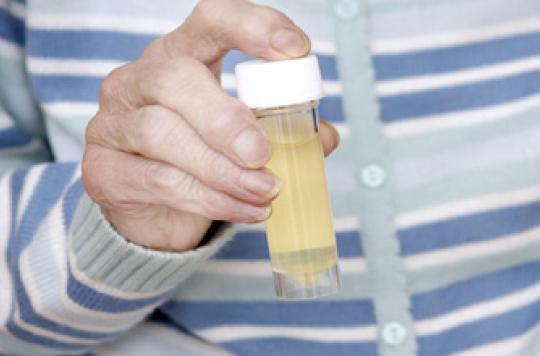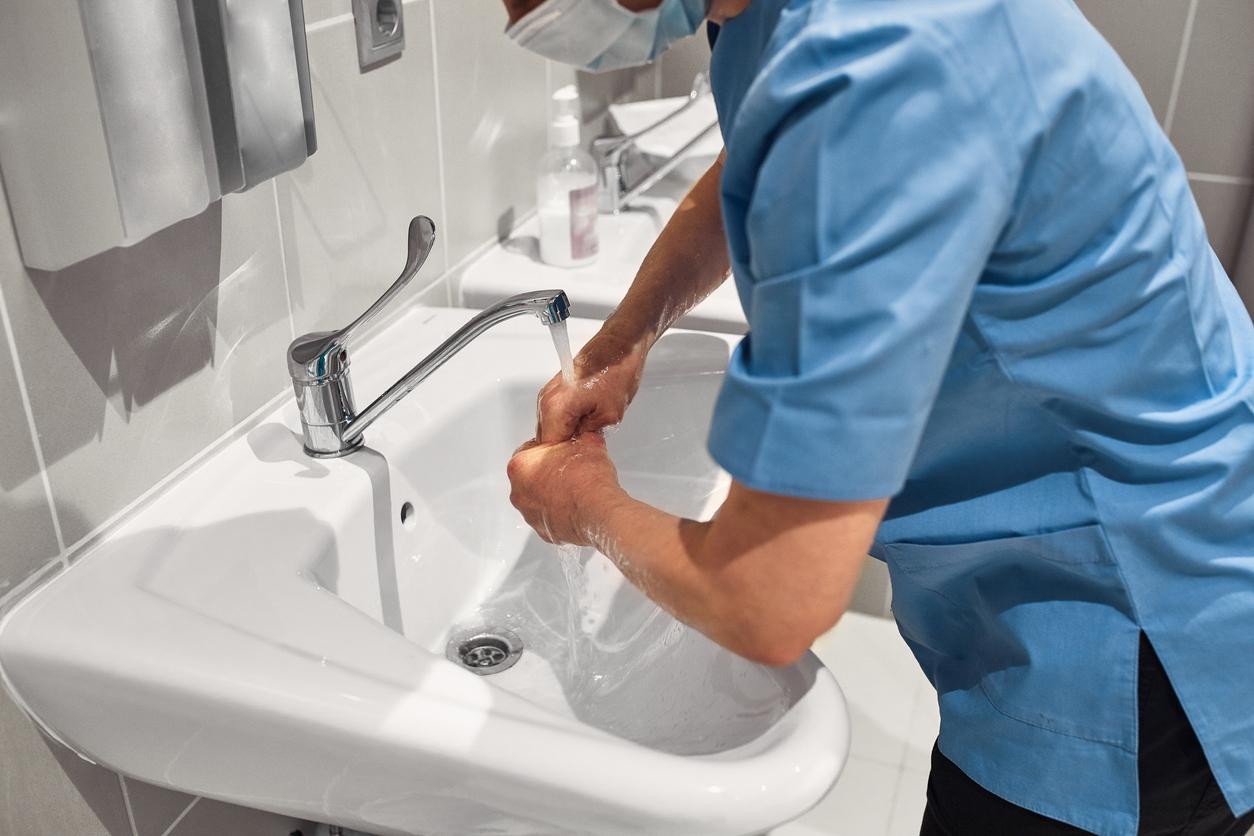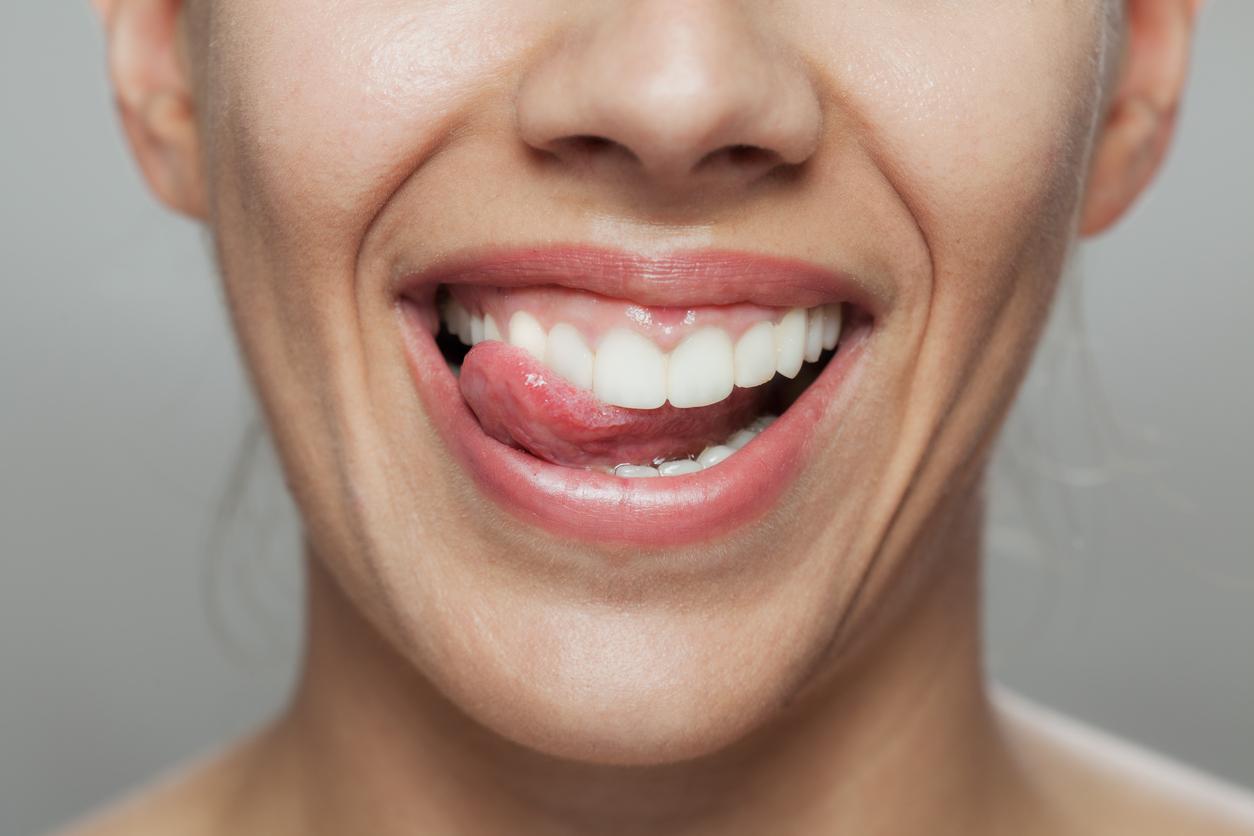Urinary tests would miss one in four cystitis, according to an American study.

When the doctor suspects a UTI, he or she will often ask for a urine sample to test for bacteria in the lab. But, this test would be unnecessary according to recent research published in the New England Journal of Medicine. Almost a quarter of women who had a burning sensation when urinating tested negative. To find out, American researchers conducted a study on urine samples from more than 220 women.
The participants were aged 18 to 49, in good health, had symptoms typical of acute cystitis (dysuria and urinary frequency or urgency). Investigators excluded patients with a temperature of 38 ° C or higher, diabetes, anatomical abnormalities of the urinary tract, or antibiotic therapy. For each study participant, the researchers obtained one urine sample through voluntary urination and one sample obtained through urethral catheter.
“These results suggest that today’s lab tests may not be sophisticated enough to detect very small amounts of bacteria in the bladder,” said lead author of the study, Dr. Thomas Hooton, a professor. of Medicine at the University of Miami Miller School of Medicine in Florida. It is also possible that the symptoms are not caused by an infection of the bladder, but by inflammation of the urethra, the tube that allows urine to exit the bladder ”. In addition, in 30% of cases, there was no bacteria in the bladder. It was therefore not a cystitis.
For the authors, it is necessary that these tests are refined to continue to be used in clinical practice. In fact, the best test is the bacteriological examination from a bladder sample, but more complicated than the urine examination, it is rarely practical. Urinary tract infections or acute cystitis are common bacterial infections, responsible for about 9 million doctor visits in the United States each year, according to the study.
The authors also believe that research is also needed to determine when antibiotics are helpful. Because if the Escherichia Coli bacteria are largely responsible for cystitis, some are caused by other agents for which antibiotics are unnecessary.
.

















